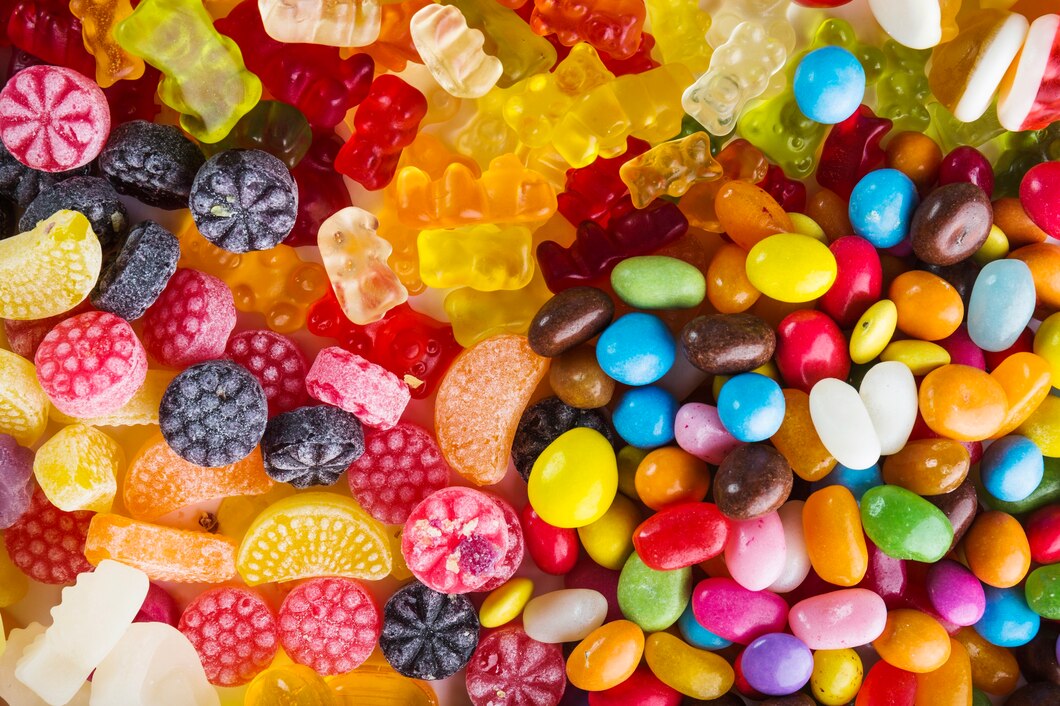Living with diabetes requires careful attention to diet and lifestyle choices. For South Africans managing diabetes, making wise food choices is essential for maintaining blood sugar levels and overall health. Here are 20 foods that individuals with diabetes should avoid to better manage their condition and promote well-being:
- Sugar-Sweetened Beverages: Drinks like regular soda, fruit punch, and sweetened tea can cause rapid spikes in blood sugar levels and contribute to weight gain.
- Candy and Sweets: High in sugar and low in nutritional value, candies, chocolates, and other sweets should be limited or avoided altogether.
- Processed Meats: Deli meats, bacon, and sausage often contain added sugars and unhealthy fats, which can negatively impact blood sugar control and increase the risk of heart disease.
- White Bread and Pastries: Foods made with refined grains, such as white bread, pastries, and muffins, can lead to sharp increases in blood sugar levels. Opt for whole grain alternatives instead.
- French Fries and Potato Chips: Deep-fried foods like French fries and potato chips are high in unhealthy fats and carbohydrates, which can disrupt blood sugar levels and contribute to weight gain.
- Full-Fat Dairy Products: Whole milk, cheese, and cream are high in saturated fats, which can raise cholesterol levels and increase the risk of heart disease. Choose low-fat or fat-free dairy options instead.
- Packaged Snack Foods: Processed snack foods like crackers, pretzels, and snack cakes often contain refined grains and added sugars, making them unsuitable for diabetes management.
- Sweetened Breakfast Cereals: Many breakfast cereals are loaded with sugar, which can cause blood sugar levels to spike. Opt for whole grain cereals with no added sugars.
- Fruit Juices: While fruit is healthy in moderation, fruit juices can be high in sugar and lack the fiber found in whole fruits. Choose whole fruits or water instead of fruit juice.
- Alcoholic Beverages: Alcohol can interfere with blood sugar control and may cause hypoglycemia, especially if consumed on an empty stomach. Drink alcohol in moderation and always with food.
- High-Sugar Condiments: Condiments like ketchup, barbecue sauce, and sweet chili sauce can contain hidden sugars. Opt for sugar-free or low-sugar alternatives.
- Sweetened Yogurt: Flavored yogurts often contain added sugars, which can lead to blood sugar spikes. Choose plain, unsweetened yogurt and add fresh fruit for sweetness.
- Fried Foods: Foods that are deep-fried, such as fried chicken and samosas, are high in unhealthy fats and calories. Choose healthier cooking methods like baking, grilling, or steaming.
- White Rice: White rice has a high glycemic index, meaning it can cause rapid increases in blood sugar levels. Choose brown rice or other whole grains instead.
- High-Sugar Condiments: Condiments like ketchup, barbecue sauce, and sweet chili sauce can contain hidden sugars. Opt for sugar-free or low-sugar alternatives.
- Pastries and Sweets: Cakes, cookies, and pastries are high in sugar and unhealthy fats, making them unsuitable for diabetes management. Choose healthier dessert options like fruit salad or yogurt.
- Sweetened Breakfast Cereals: Many breakfast cereals are loaded with sugar, which can cause blood sugar levels to spike. Opt for whole grain cereals with no added sugars.
- Regular Jam and Jelly: Fruit preserves are often high in added sugars, which can cause blood sugar levels to rise. Choose sugar-free or low-sugar varieties.
- Sweetened Coffee Drinks: Flavored coffee drinks like mochas and lattes can be loaded with sugar and calories. Choose plain coffee or espresso with a splash of milk or sugar-free syrup.
- Canned Fruit in Syrup: While fruit is a healthy choice, canned fruits packed in syrup contain added sugars. Opt for fruits packed in water or natural juice.
By avoiding these 20 foods and making healthier choices, South Africans with diabetes can better manage their condition, improve blood sugar control, and reduce the risk of complications. Remember to consult with a healthcare professional or dietitian for personalized dietary advice and support. With mindful eating and lifestyle modifications, individuals with diabetes can lead full and healthy lives.








